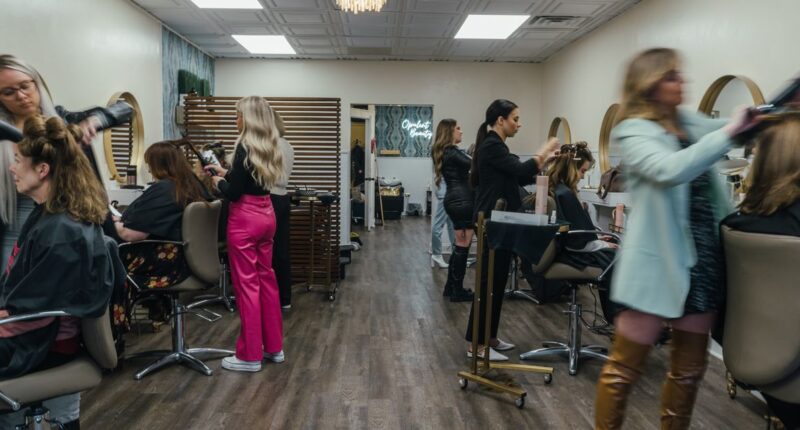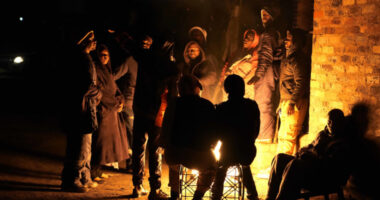
When Karrie Williams graduated from beauty school, she went to work at a Drybar in Bethesda, Md. Drybar’s noncompete clause, she says, barred her from working at another blow-dry salon or taking conflicting one-time gigs like styling hair for weddings, which could pay as much as $250 per updo.
Ms. Williams, now 32 years old, says Drybar paid minimum wage at first, but did permit her to do cut-and-color work at other hair salons. The catch: Many of those salons required their own noncompete provisos, too.








